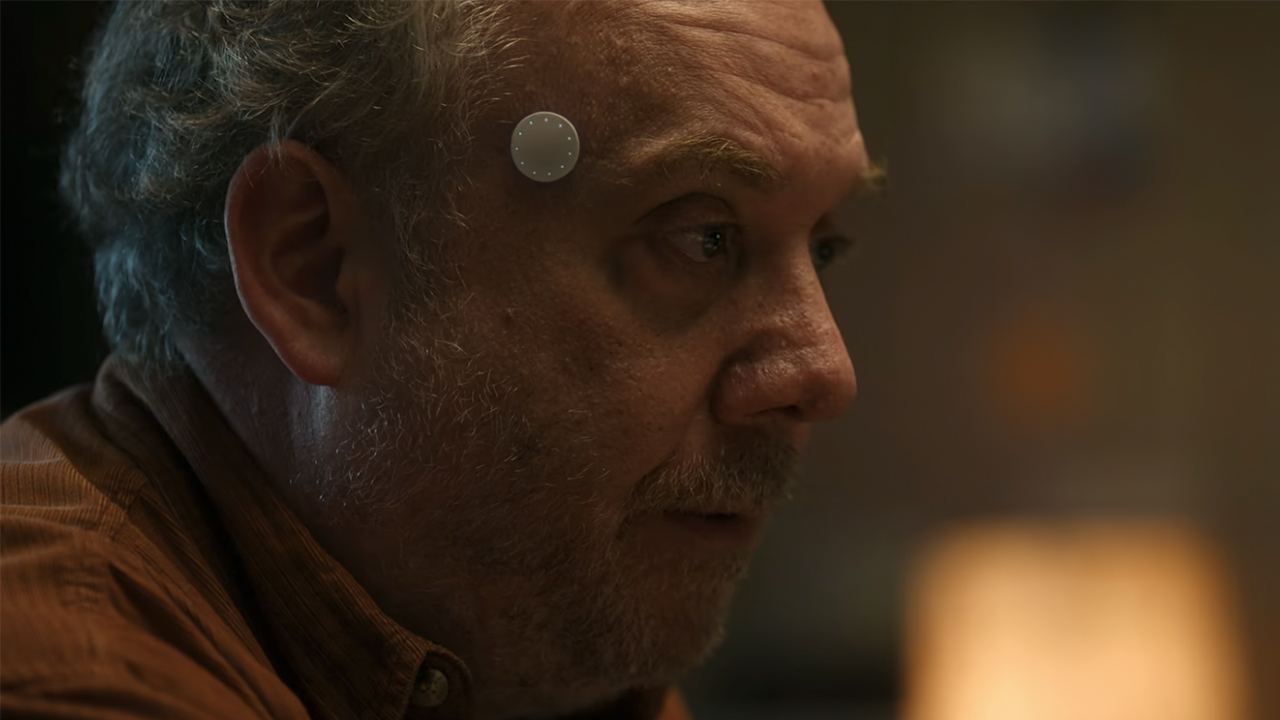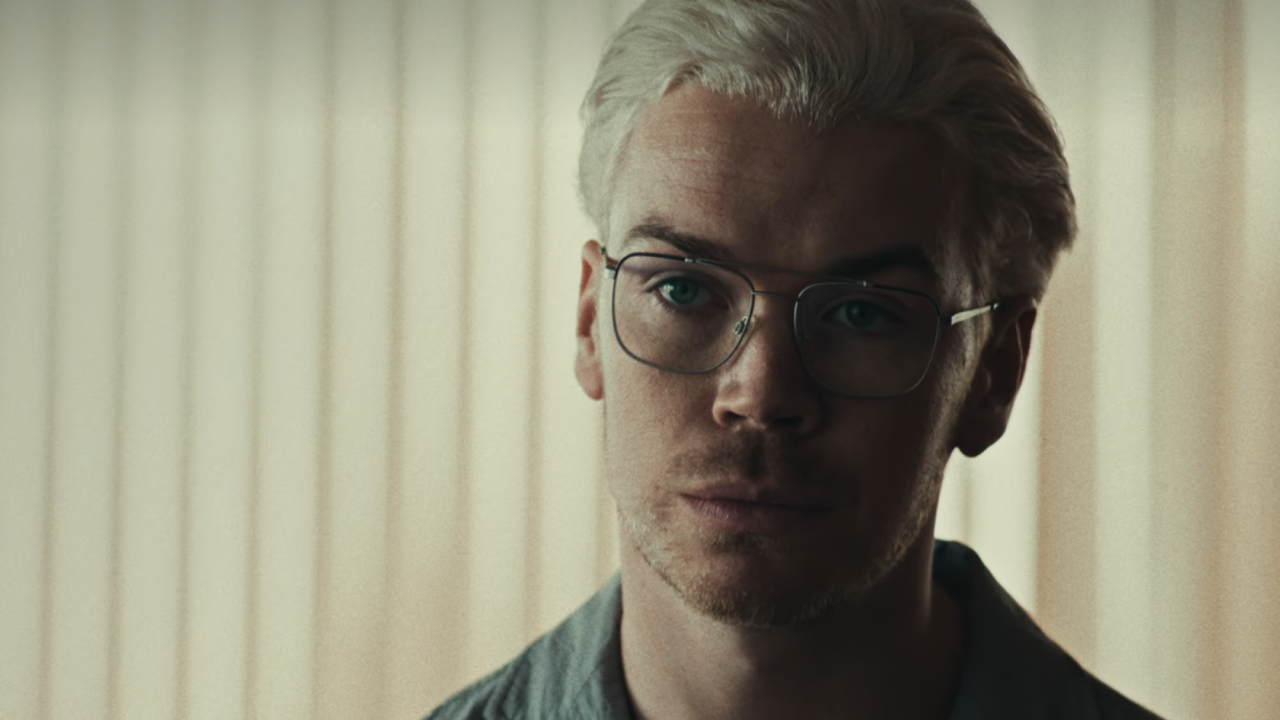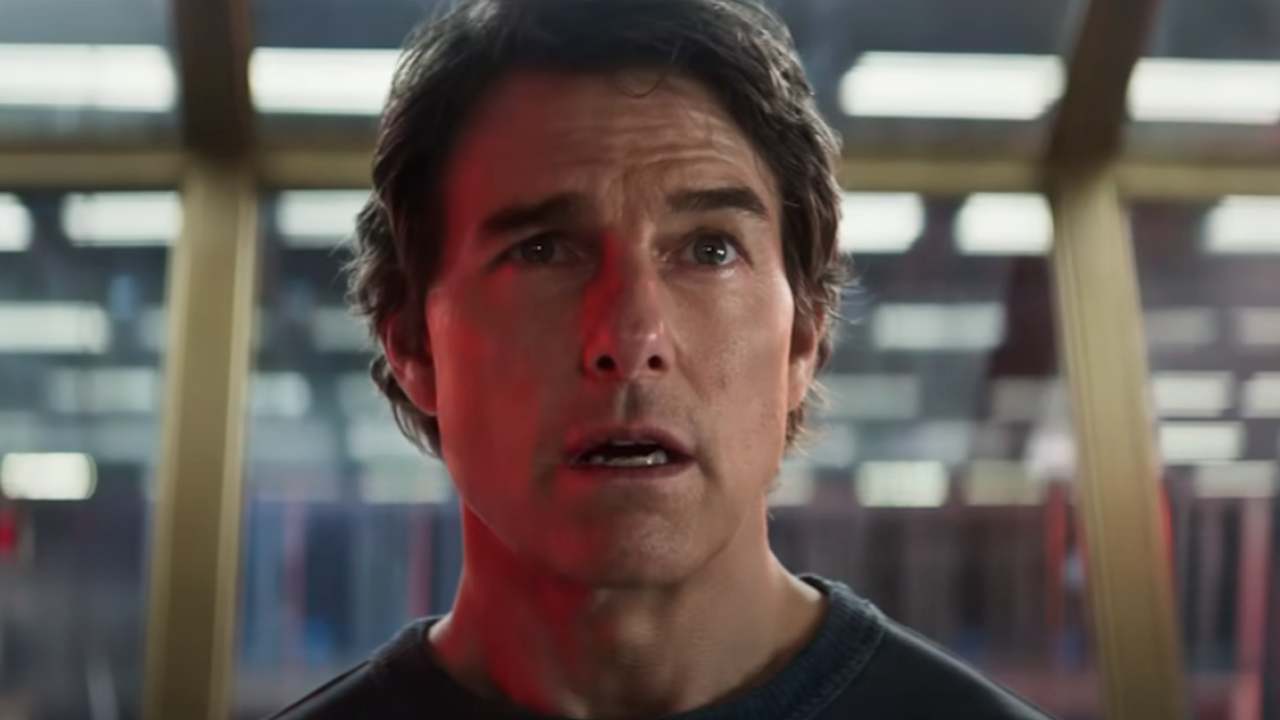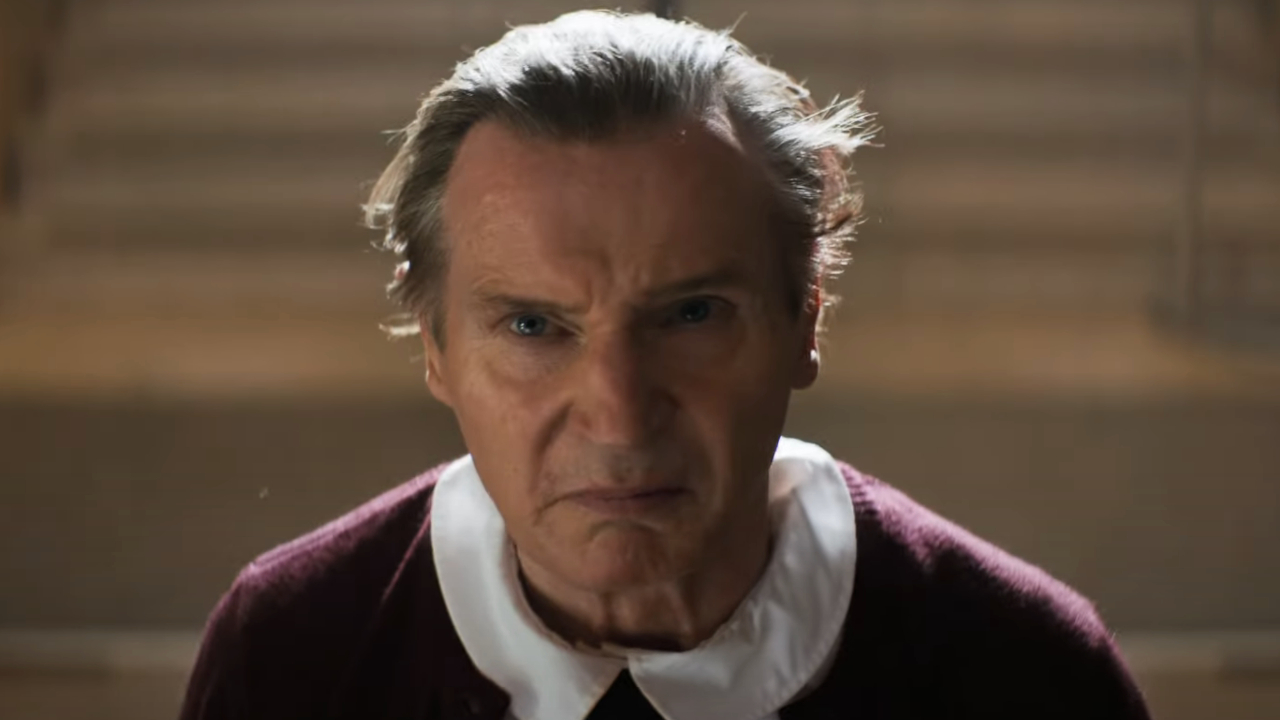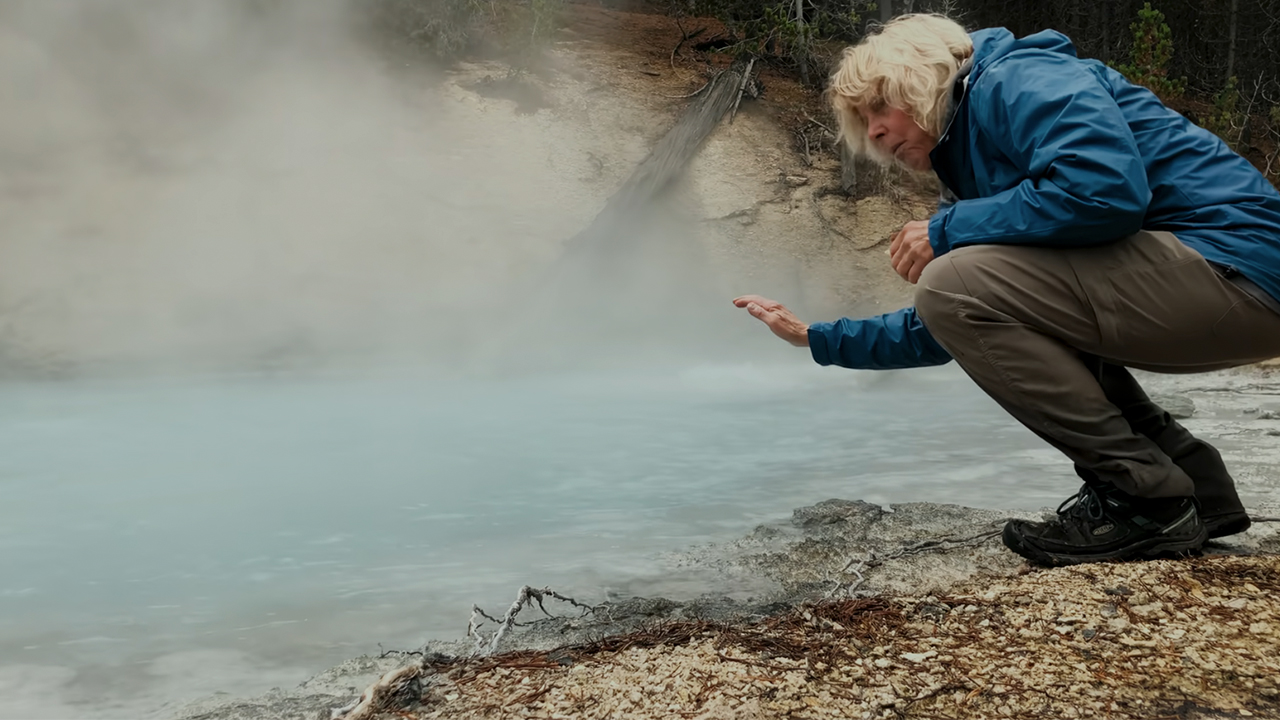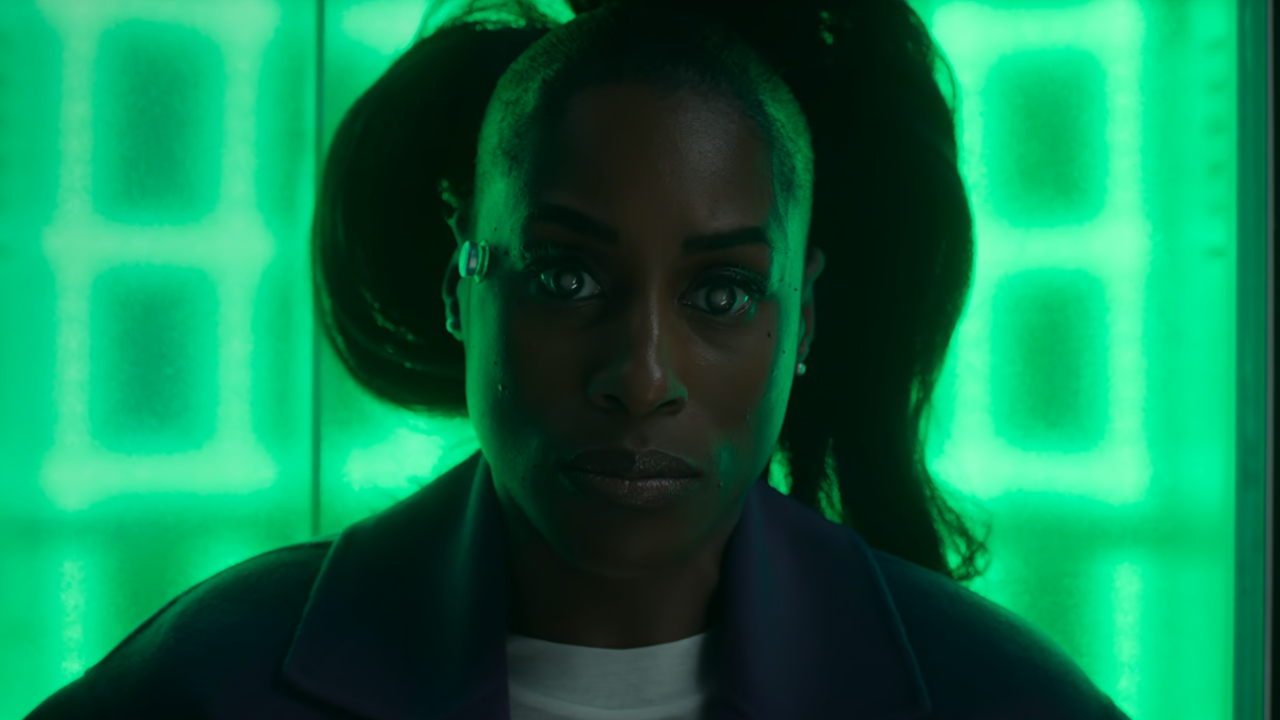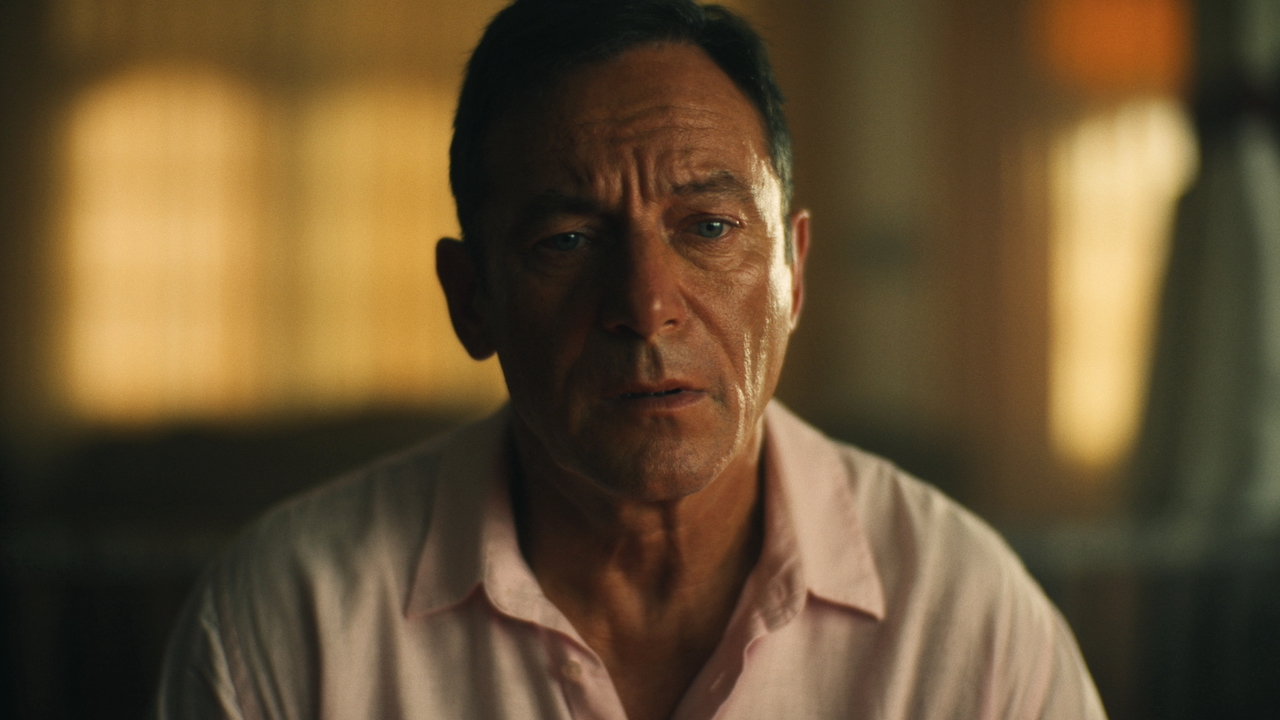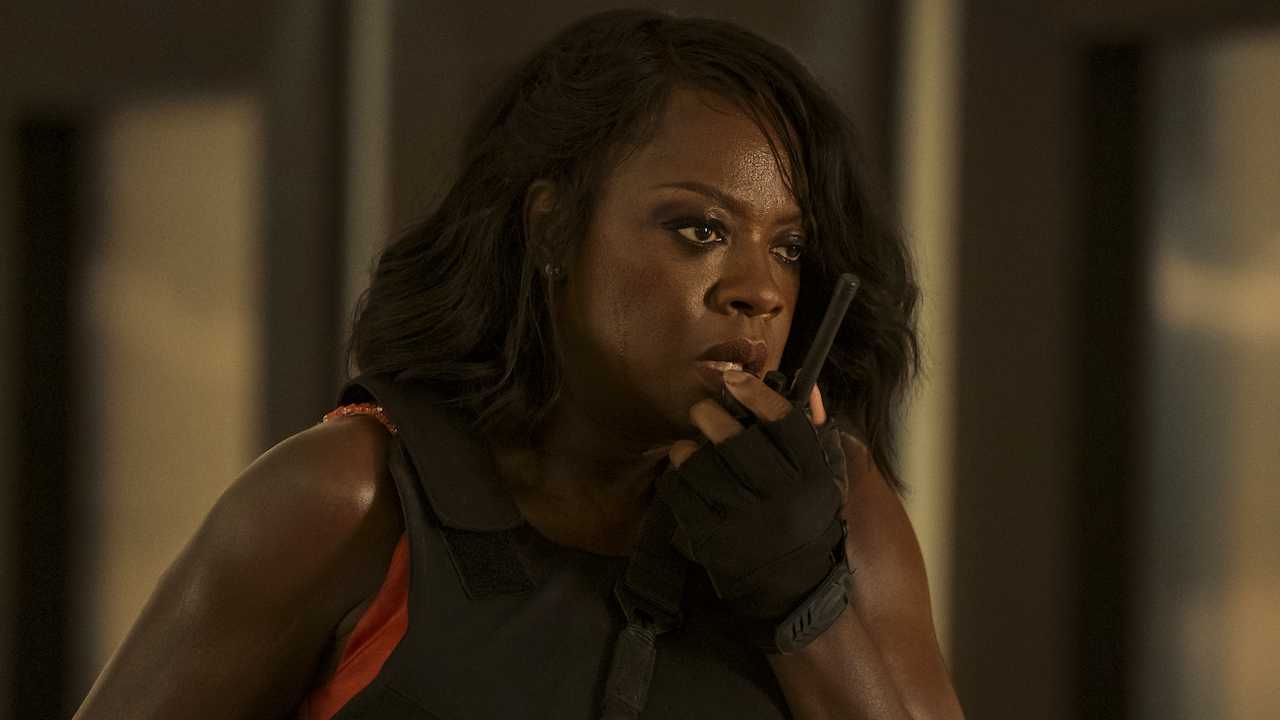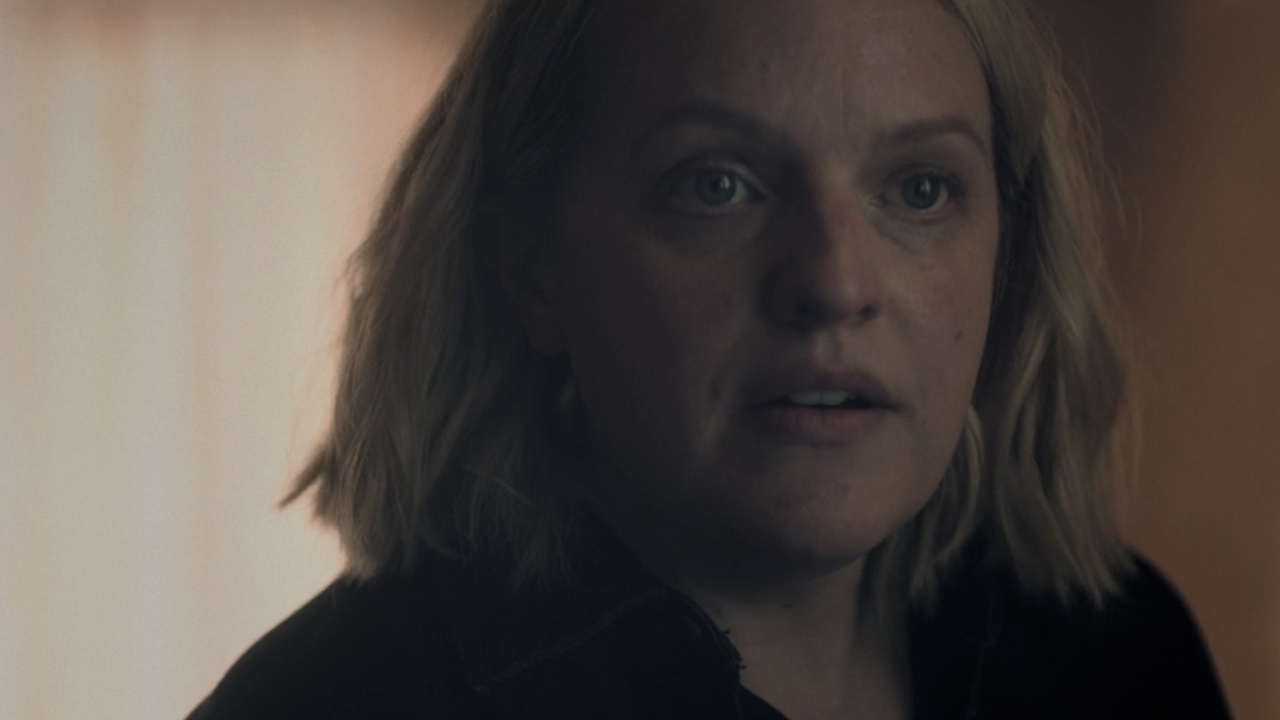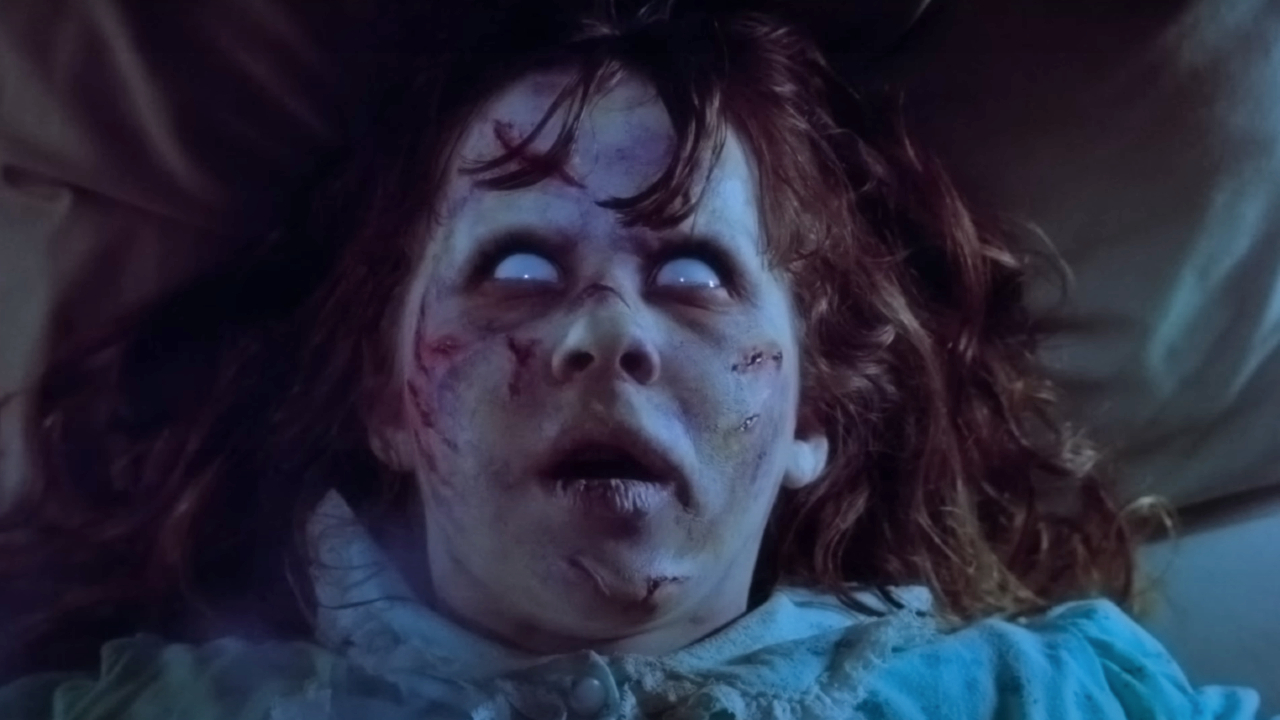
Few movies have ever terrified me the way The Exorcist does. The film, which was recognized for its greatness the second it hit theaters (The Exorcist also has some fascinating behind-the-scenes lore), has only continued to grow in the estimation of most cinephiles in the decades since it was first released. The rare horror movie to earn a Best Picture nomination, The Exorcist is the kind of horror movie we almost never get anymore. And that’s precisely what has helped its legacy endure in spite of some less-than-stellar sequels and reboots.
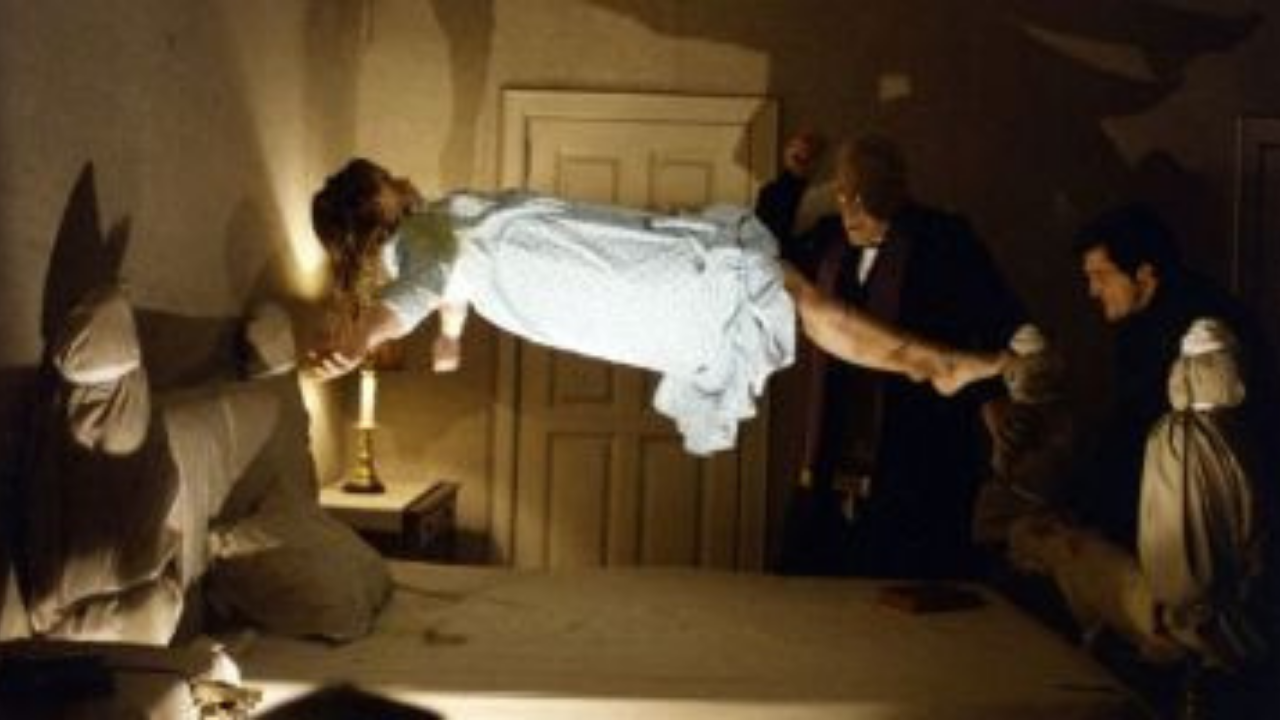
The Exorcist Builds Dread Slowly
Although most of the best horror movies are at least somewhat familiar with the concept of dread, it’s rarely deployed more effectively than it is here. Thanks to William Friedkin’s expert direction, the first half of The Exorcist plays out like a straightforward drama about a sick kid. Ellen Burstyn’s central performance as Chris helps to sell this more straightforward dramatic reading of the movie.
For the first half, she’s simply trying to understand what’s happening to her daughter, and finding that almost no one can offer any answers. Crucially, the movie anchors its story with Chris and not her daughter, Regan, and as a result, we’re often witnessing the worst things that happen to Regan, and that she does herself, second-hand.
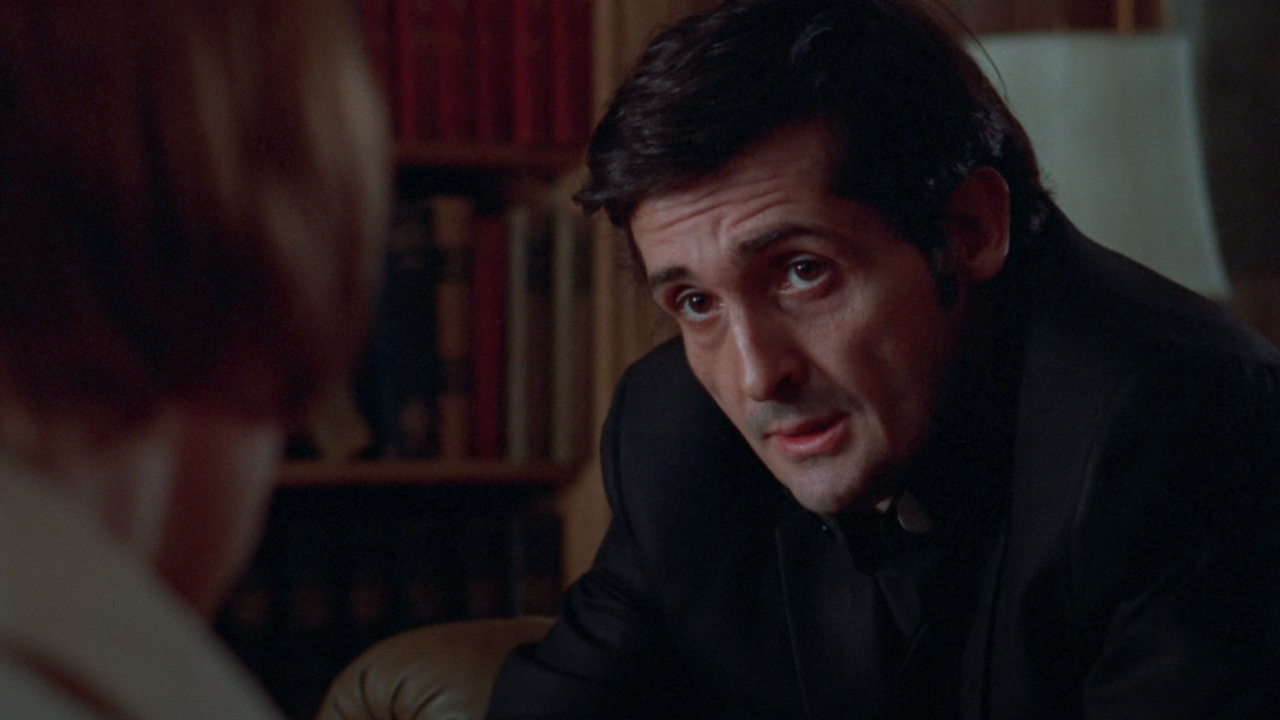
The Movie Plays Like a Drama Until It Suddenly Isn't
Married with the slow build of dread as Chris discovers what’s happening to her daughter is the story of Father Damien Karras, a psychiatrist who works with Catholic Priests and is beginning to lose faith. For much of the movie’s early scenes, Karras’ story seems to be entirely separate from what’s going on with Chris and Regan. When the two characters finally intersect, it feels less like a crossover event and more like a moment of crystallization for both characters. Karras finally finds a reason to have faith, and Chris finds a person who can help her save her daughter.
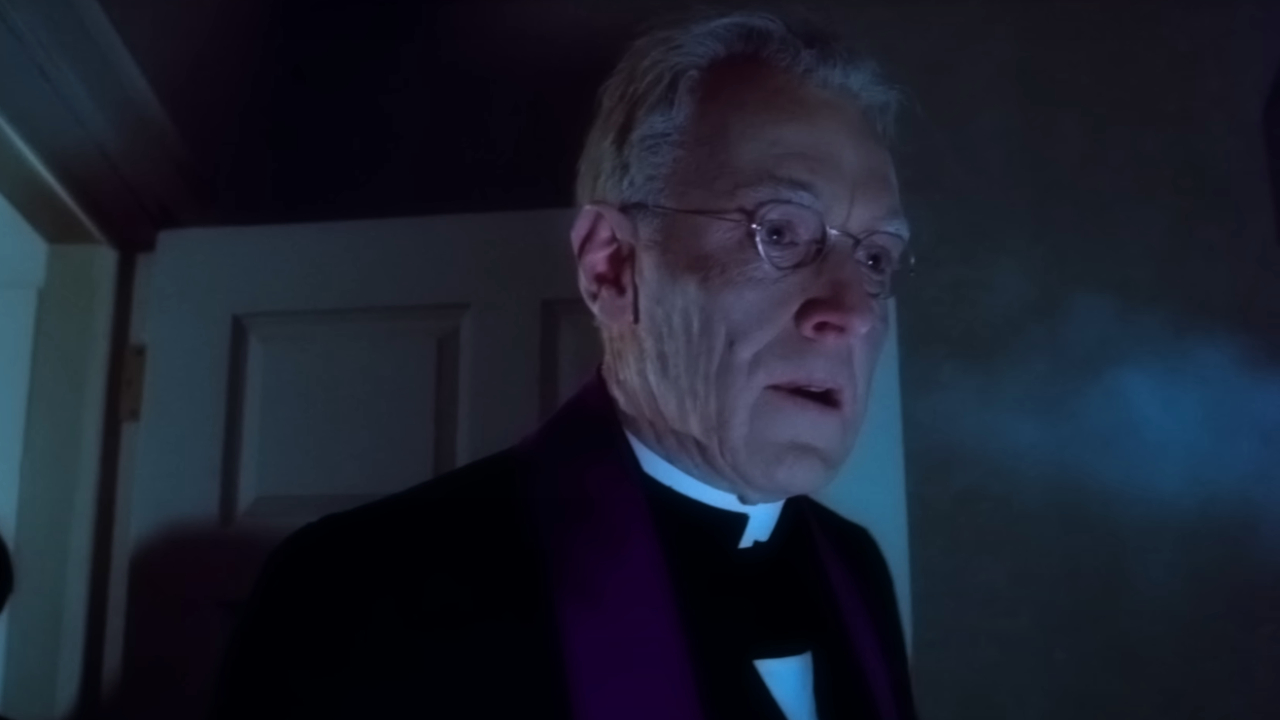
It's Anchored by Three Brilliant Performances
Part of what sets The Exorcist apart from most horror movie is the way that Burstyn, Max Von Sydow, and Jason Miller all fully inhabit their roles. It’s a credit to the script that all three of these characters feel like real people, and it’s this trio of performances that really brings them to life. Burstyn, who was coming off an Oscar win at the time, really feels like a mother struggling to understand what could be happening to her child. She feels like a normal person, which only makes Regan’s circumstances feel more strange.
Von Sydow is in a smaller slice of the movie, but brings such immense gravitas to his time on screen that he feels like its main character. It’s no mistake that the movie opens with him in the desert. It’s the ultimate signal that you as a viewer are in good hands. Miller, meanwhile, matches Burstyn’s humanity beat-for-beat, turning Karras’ crisis of faith into something that even the atheists in the audience could understand.
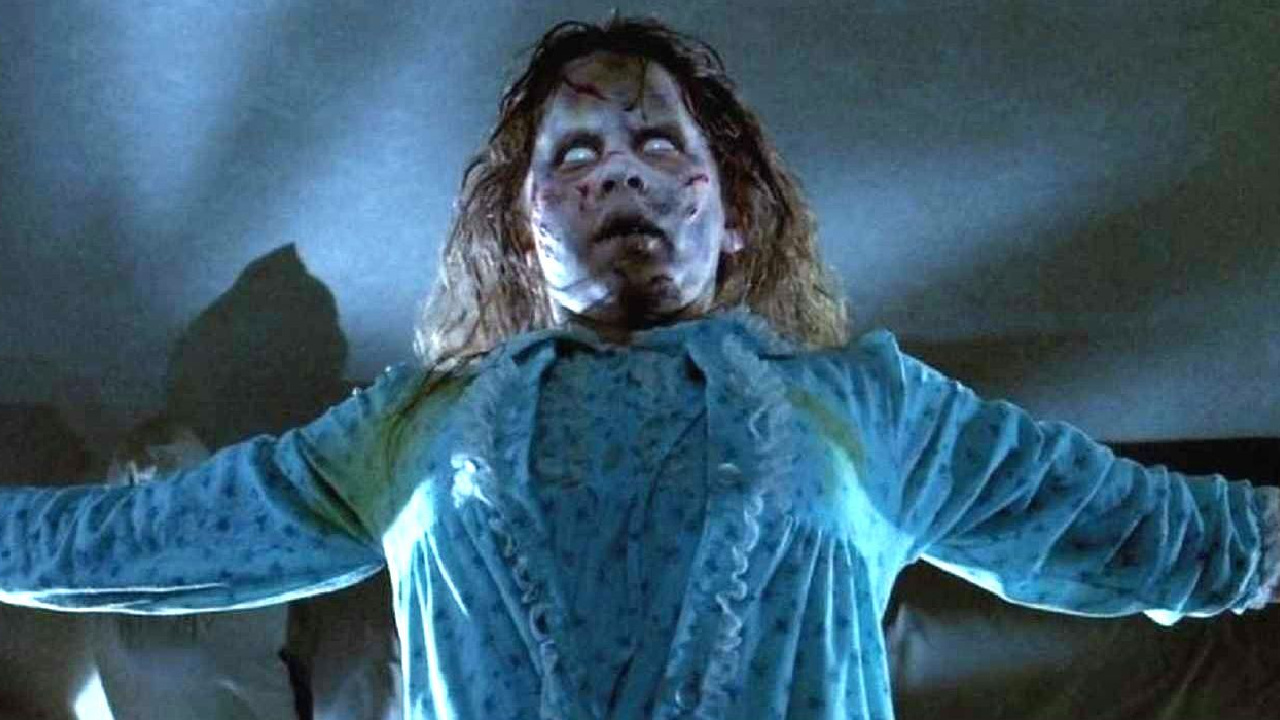
It Features Some Near Perfect Filmmaking
On top of its excellent performances, Friedkin (who passed on making Star Wars) is also responsible for much of what The Exorcist becomes. The most iconic flourish in the movie is undoubtedly the shot of Von Sydow outside of Chris’s apartment, preparing to begin the exorcism. That’s just one flourish in a movie filled with them, though. Friedkin’s precise tracking shots ensure that we know exactly what the apartment’s layout is, and the final exorcism, which takes place in a single bedroom, is thrilling because Friedkin shoots it so dynamically. This is not a movie with obvious scares, but Friedkin knows how to make you afraid with just the aid of his camera.
CINEMABLEND NEWSLETTER
Your Daily Blend of Entertainment News
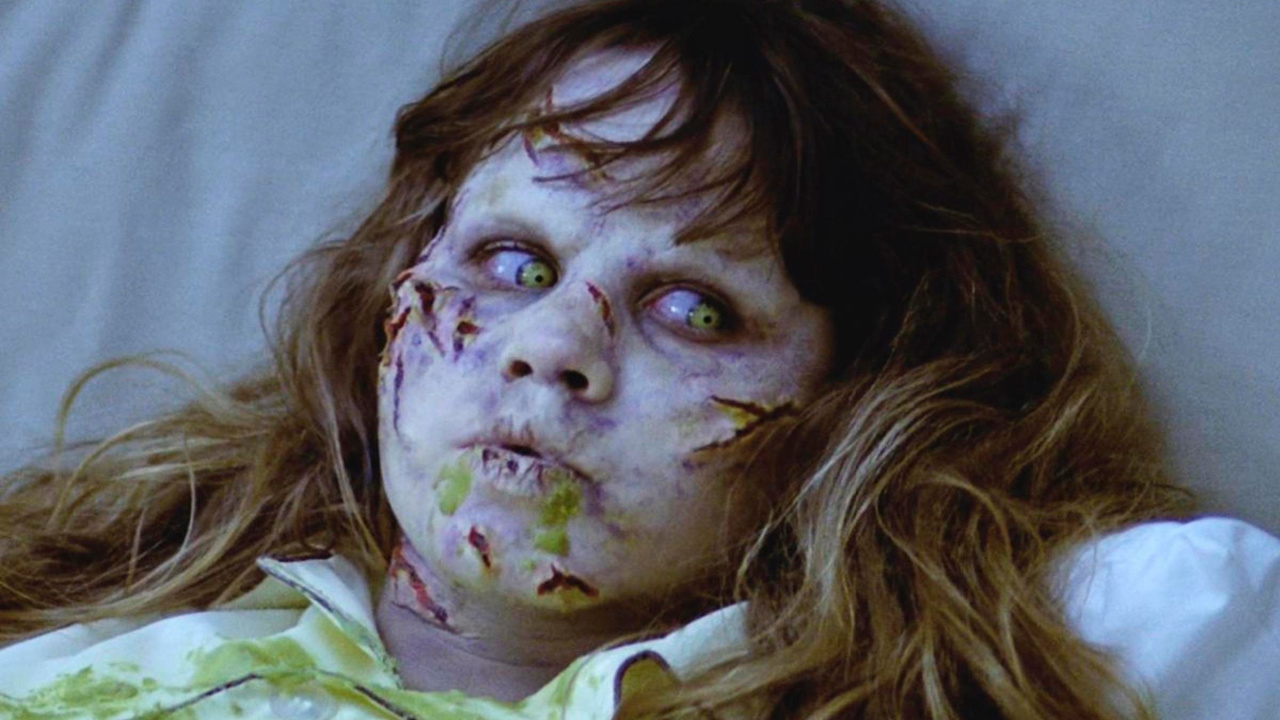
It Features None of the Hallmarks of Modern Horror Movies
When you think of modern horror, what you probably think most of is the jump scare. While there are plenty of moments designed to thrill you in, The Exorcist, the movie is remarkably light on that technique, which has itself become stale in part because it’s used so frequently across the horror space now.
Instead, The Exorcist is a movie where the content of the movie is what’s truly, existentially terrifying. Although it may be about devils, angels, and exorcism, The Exorcist is unafraid of combining its schlocky effects with weighty questions about the nature of belief and what it means to be a good mother. It’s not burdened by the expectations of an audience for what horror movies should be like, and while it may not make you jump in your seat, it’s likely to leave you unsettled for days afterward.
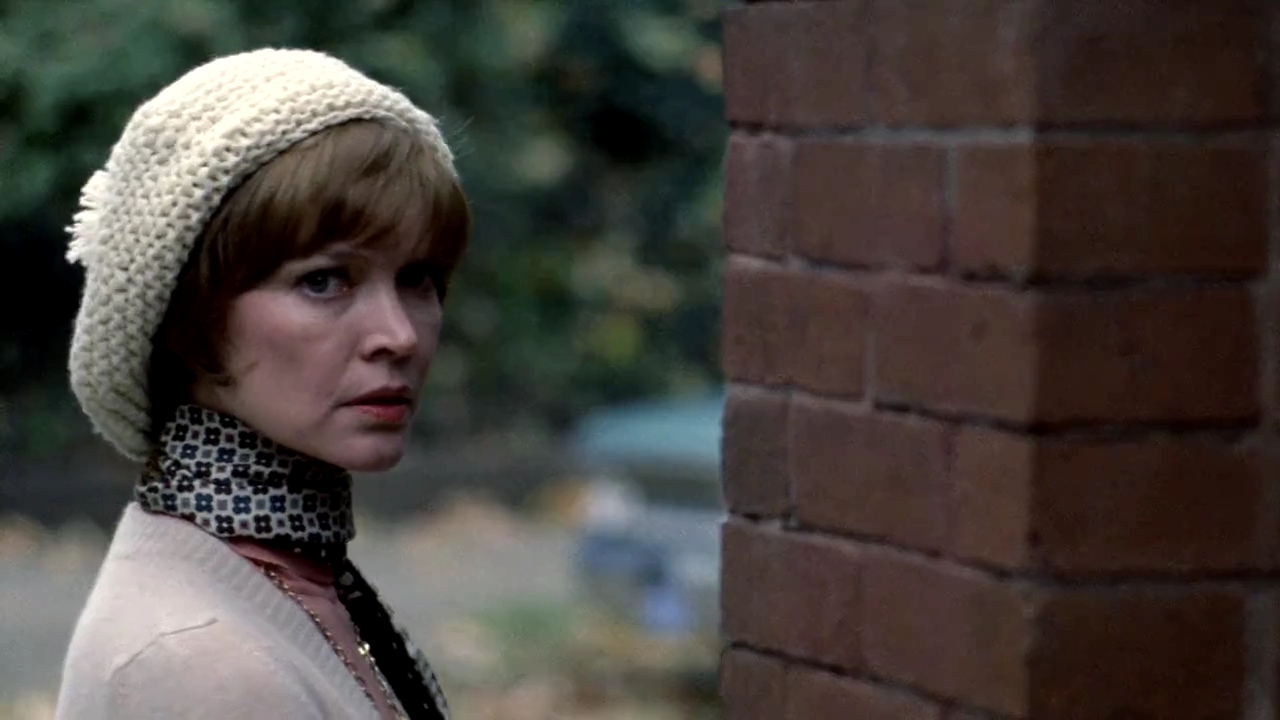
The Exorcist Is Scary Because of What It Implies
Because it doesn’t rely on jump scares, The Exorcist’s precise form of terror comes more from what it implies than from anything that’s stated outright in the movie itself. Instead, it crawls inside you, leaving you unsettled by the notion of possession, and with the very real feeling that evil is all around us. The Exorcist doesn’t over explain its story. It asks the viewer to imagine themselves living through this, and because it’s such a visceral, rewarding experience, some viewers surely feel like they did.
Few movies better understand the enormous power of suggestion. Regan’s possession is not disturbing just because she turns her head all the way around or vomits everywhere. It’s also disturbing because we know the little girl we used to be. Every movie ever made about possession owes this one a massive debt, and none of them have managed to pull off the subtle dread that gives this movie its power and has kept every single sequel from measuring up.
The Exorcist is one of the great American horror movies, and its greatness comes not from its reliance on jump scares or other horror gimmicks. Instead, it builds a slow, pulsing sense of dread that doesn’t abate until the movie is over. Few horror movies have been able to feel as real or gripping as this one, and that is what has allowed this movie to endure for 50 years since it first hit theaters.
